A DUI case is like a fingerprint – each one is different from the next.
The Truth is that Sometimes There’s no Way Around a DUI Conviction
In some DUI cases, an experienced and creative criminal defense attorney can build a DUI defense plan, that results in the reduction of the DUI charge to reckless driving, or even the dismissal of the case.
However, there are times when the evidence of guilt is so overwhelming that even the most skilled and knowledgeable DUI attorney can’t avoid a DUI conviction for their client. For example, imagine a DUI case with the following facts:
• It’s 10:00 p.m. on a Saturday night. A driver fails to stop at a red light, and crashes into the back of another car in Ybor City. No one is seriously injured but both cars are damaged.
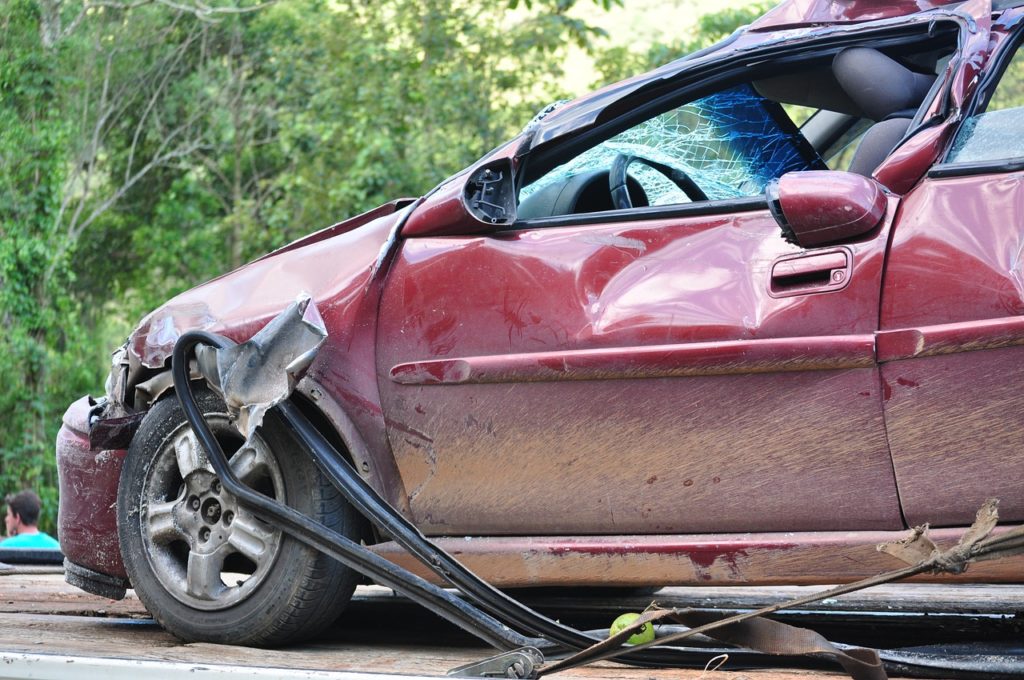
• Several witnesses see the driver that caused the accident behind the wheel of his vehicle at the time of the crash.
• When a Tampa Police Officer arrives moments after the accident and asks for the driver’s license and registration, the driver hands the officer his library card.
• The driver’s eyes are bloodshot and watery, his breath smells of alcohol, his speech in slurred.
• There is an open can of beer in the front cup holder of the vehicle – it’s still cold and about half full. There are six empty beer cans and a half empty bottle of whiskey on the front passenger floorboard.
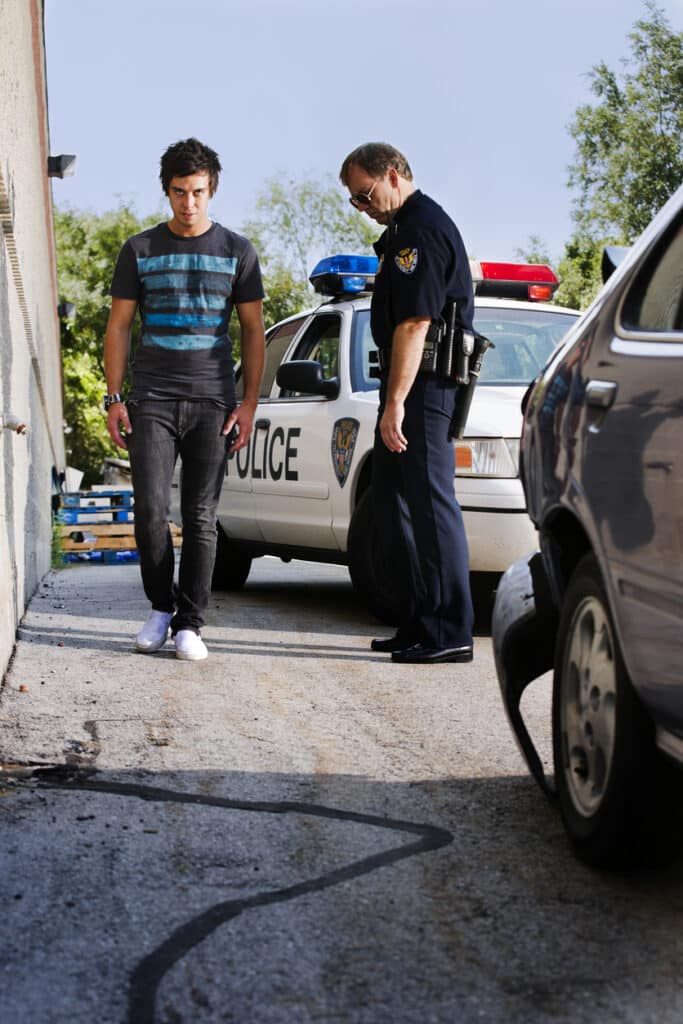
• The driver admits to having drank the contents of the six empty beer cans, as well as several shots of whiskey, all within the last few hours.
• The driver performs field sobriety exercises poorly. He nearly falls down as he tries to perform the walk and turn, and he can’t lift his leg for the one leg stand.
• The police officer arrests the driver for DUI with property damage. The driver provides two breath samples, with results of .161 and .163. Both readings are more than twice the Florida’s legal limit of .08.
In a case like this, where law enforcement has made no mistakes, and there are no reasonable defenses, a driver is likely going to have to plead guilty to DUI. In these instances, a criminal defense attorney’s job is to minimize the consequences of their client’s DUI conviction.
Four Ways Your Attorney can Minimize the Consequences of a DUI Conviction
First: The Prosecutor and Your Defense Attorney can Sometimes Stipulate to a Breath Alcohol Level Below .15 at the Time of Driving
What Happens When a Driver is Convicted of a First Time DUI (with Breath Alcohol Level Greater than .15)?
When a driver is convicted of a first time DUI with a breath alcohol level above .15, Florida law increases the punishment for the DUI. For example, the maximum jail sentence increases from 6 months to 9 months, and the fine range increases to $1000 to $2000.
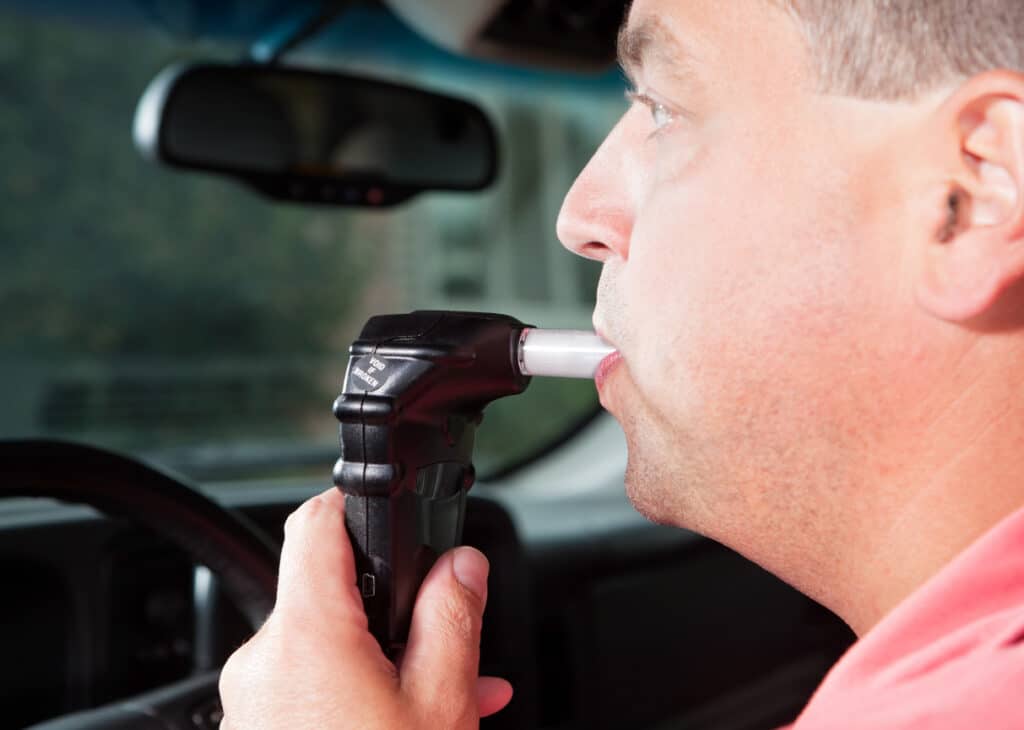
However, perhaps most importantly, Florida law requires that when that person eventually gets their driver’s license back, the DHSMV will require the person to install an ignition interlock in their vehicle for six months.
The ignition interlock can cause the driver embarrassment, and it’s costly. Also, sometimes this device can make errors, and prevent a driver from starting their car for no reason. Recently, I had a client that was unable to start his car because the interlock had confused his mouthwash for an alcoholic beverage. My client was forced to Uber to work.
Is There a Way to get Around the Ignition Interlock After a First Time DUI (with Breath Alcohol Level Greater than .15)?
One possible way around the ignition interlock requirement for a first time DUI (breath alcohol level above .15) is for the state attorney and the defense attorney to stipulate, or agree, that at the time of driving, the person’s breath alcohol level was below .15. These types of stipulations are common when it’s not clear if the driver was above .15 at the time of driving.
For example, let’s take the example above in which a driver traveling through Ybor City hit the car in front of him at a red light. Imagine this timeline.
• 10:00 p.m. – Time of the accident.
•10:10 p.m. A Tampa Police Officer arrives and suspects the at fault driver is impaired by alcohol and requests the driver perform field sobriety exercises.
• 10:30 p.m. – The driver begins field sobriety exercises.
• 10:50 p.m. – The police officer arrests the driver and charge him with DUI property damage.
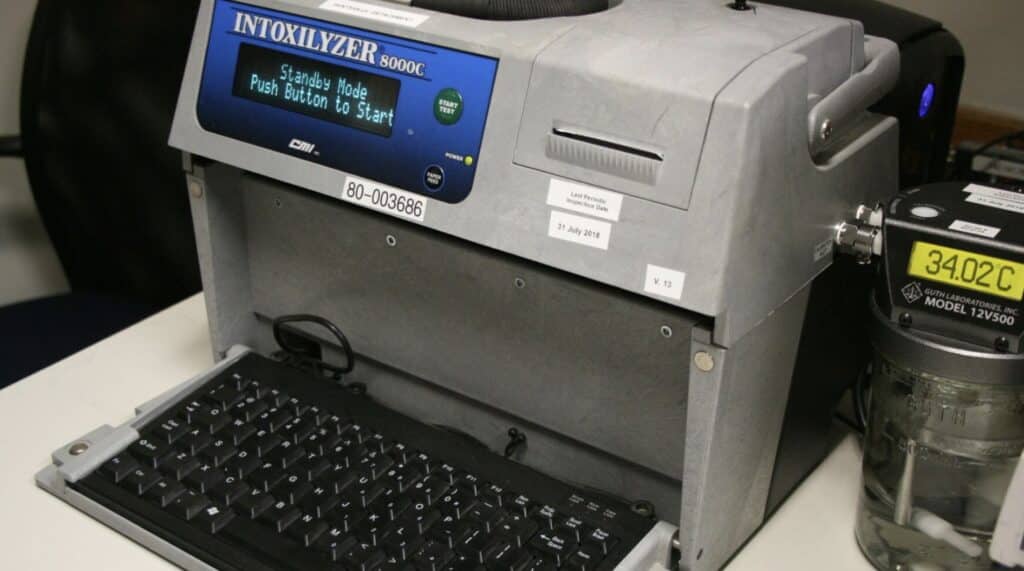
• 11:30 p.m. – The arrested person arrives at the Hillsborough County Jail’s Central Breath Testing unit and provides two samples, three minutes apart, with results of .161 and .163.
In this example, there is a time gap of 90 minutes between the time of driving (10:00 p.m) and the time law enforcement administered the breath test at 11:30 p.m.
If the driver had been drinking right before the accident, his breath alcohol level could have been increasing as he was performing the field sobriety exercises and as the officer was transporting him to the Hillsborough County Jail.
That’s because it takes time for a person’s body to metabolize alcohol. In other words, there is a delay between the time a person takes a drink to the time that their breath alcohol level increases. Therefore, it’s possible that even though the driver’s breath alcohol level was above .15 at 11:30 p.m. at the jail’s central breath testing unit, that the driver’s breath alcohol level could have been below .15 at 10:00 p.m., when he was behind the wheel in Ybor City.
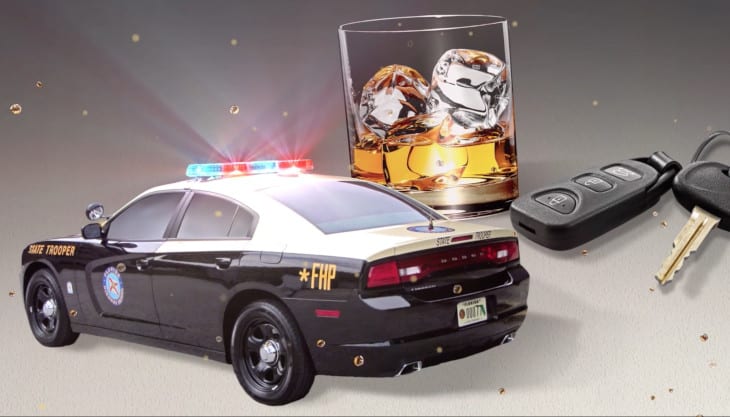
In the eyes of the law, what matters is not what the driver’s breath alcohol level was at the time the driver gave their two breath samples at the jail. Rather, what matters is what was the breath alcohol level at the time the driver was behind the wheel of the vehicle.
In our hypothetical, the fact that the driver’s breath alcohol level was on the way up, from .161 to .163, in just three minutes time, supports the argument that the person’s breath alcohol level was on the rise, and that it could have been below .15 at the time of driving 90 minutes earlier.
In a first time DUI case like this, the prosecutor may agree to stipulate that the driver’s breath alcohol level was below .15 at the time of driving. This written stipulation, which is signed by the prosector, defense attorney, and judge, is filed with the Clerk of Court. The Clerk of Court then notifies the Florida DHSMV of the below .15 stipulation. This stipulation will allow a defendant to avoid having to install the ignition interlock in their vehicle, as well as save them money on their fine.
Second: The Prosecutor and Your Defense Attorney Can Negotiate Easier Probation Requirements
The minimum and maximum penalties for a DUI are set out by Florida law. Within those established ranges, however, the prosecutor and defense attorney can negotiate terms of your sentence that can benefit you.
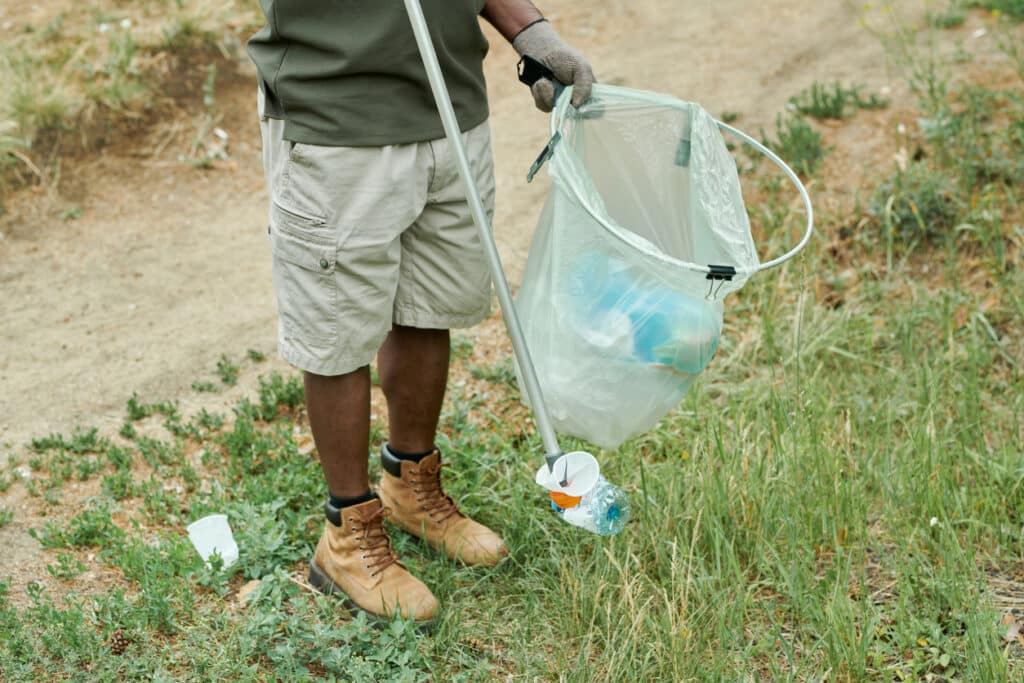
For example, with the judge’s permission, the parties can agree to automatic early termination of probation. That means that when the defendant completes all the requirements of the probation, that it will end automatically, that is, without additional involvement for the judge. In cases like these, I have seen defendants finish their probation within just a few weeks. That can save a person a lot of time, money, and inconvenience.
Also, with the judge’s permission, the prosecutor and defense attorney can agree that the defendant may buyout some or all the community service hours. In Hillsborough County, hours are bought out at $10.00 per hour. For example, let’s say that the parties agree that the Defendant will perform 50 community service hours as part of their probation, and that the Defendant can buy out half of the hours. That means that if the defendant pays the clerk court $250, he will only be required to perform another 25 community service hours.
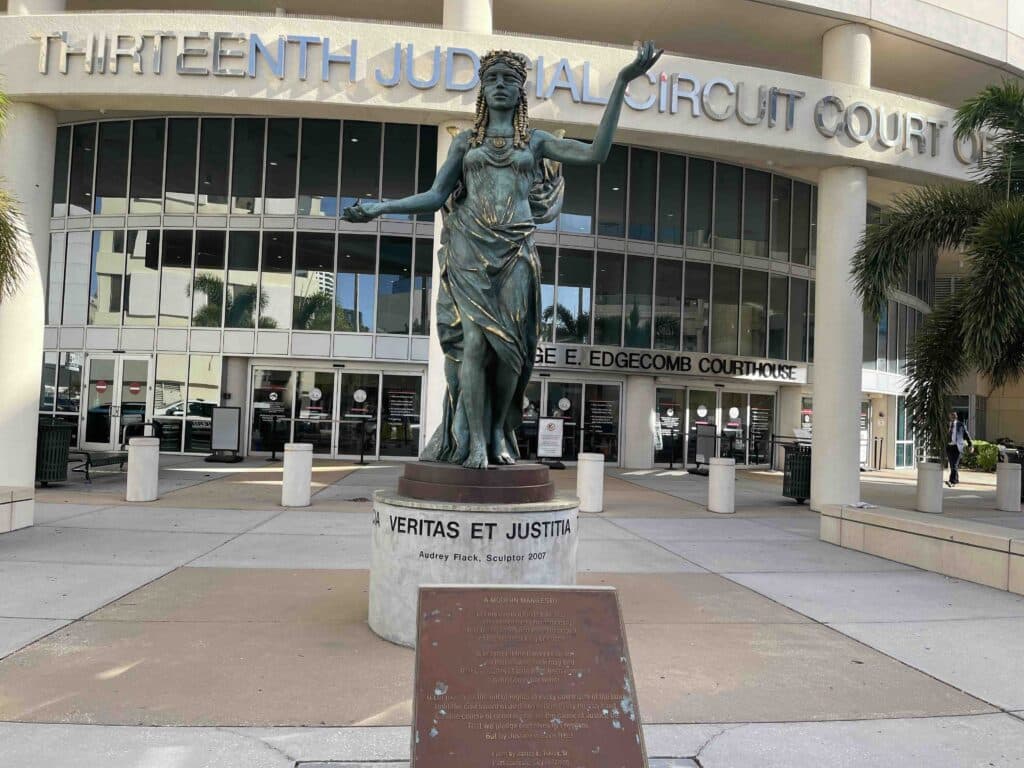
Third: Your Attorney Can ask the Judge to Waive the Vehicle Immobilization Requirement
Under Florida law, when a person pleads guilty to a first time DUI, the judge must order the immobilization of the defendant’s car for 10 days. Typically, a defendant will have to hire a company to place a lock on the person’s steering wheel which prohibits the vehicle from being driven.
However, if your attorney can prove to the judge that you have a family member who also drives this vehicle on a regular basis, and that this family member would have no other transportation if the vehicle were immobilized, the judge can waive the 10 day vehicle immobilization requirement.
Fourth: Your Attorney Can ask the Judge to Sign an Order which Permits the DHSMV to Consider Your Application for a Temporary Driving Permit
After a First time DUI Conviction, the Judge Must Revoke the Defendant’s Driver’s License for at Least Six Months
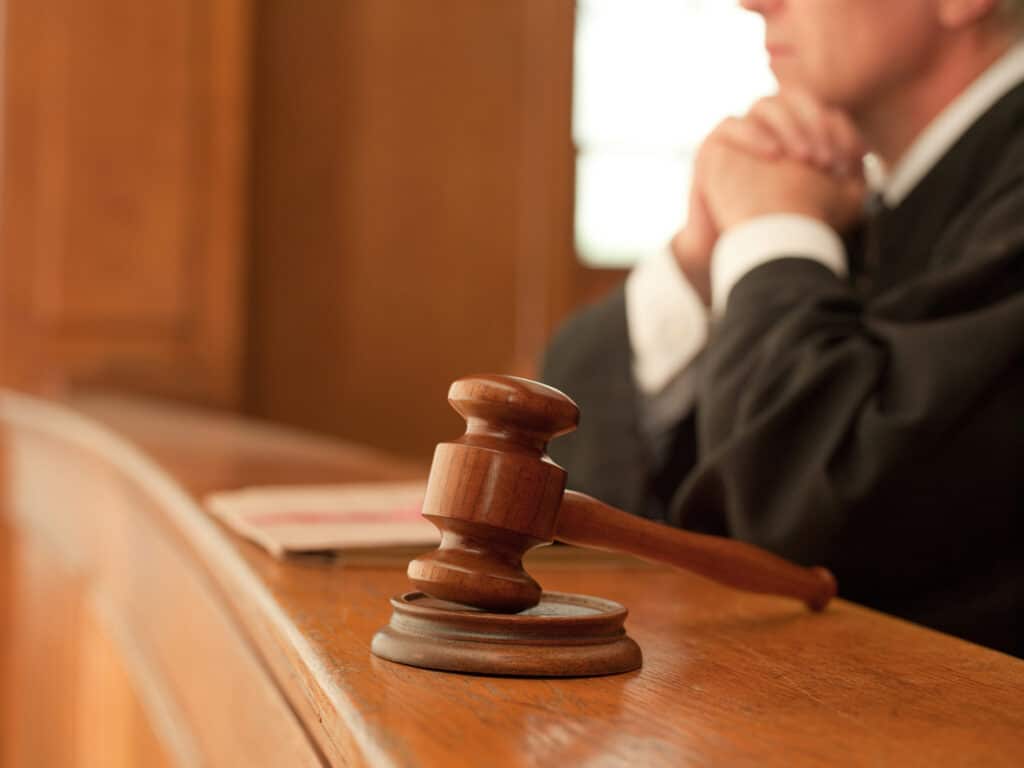
Under Florida law, when a person pleads guilty to a first time DUI, the judge must revoke that person’s driver’s license for a minimum of six months and a maximum of 12 months.
If you obtained a business purpose only license after your DHSMV administrative license suspension, the judge’s revocation of your license at the change of plea hearing in court will cancel that business purpose only license.
Once the judge revokes your license, unless you obtain a new business purpose only license or a temporary driving permit, you cannot drive. If you do drive and an officer stops you, the officer will arrest you and charge you with a violation of your driver’s license restriction. You will go to jail, and you won’t get out until you see the judge that put you on probation. That can take weeks.
The Tricky Part About Getting a Business Purpose Only Driver’s License after a DUI Plea
If you have already completed DUI School and the required substance abuse evaluation before you plead guilty to DUI, after the change of plea, you are eligible to apply for a business purpose only driver’s license. With a business purpose only license, you can drive for your work, school, religious services, and medical appointments. This license is commonly called a BPO license, or a hardship license.
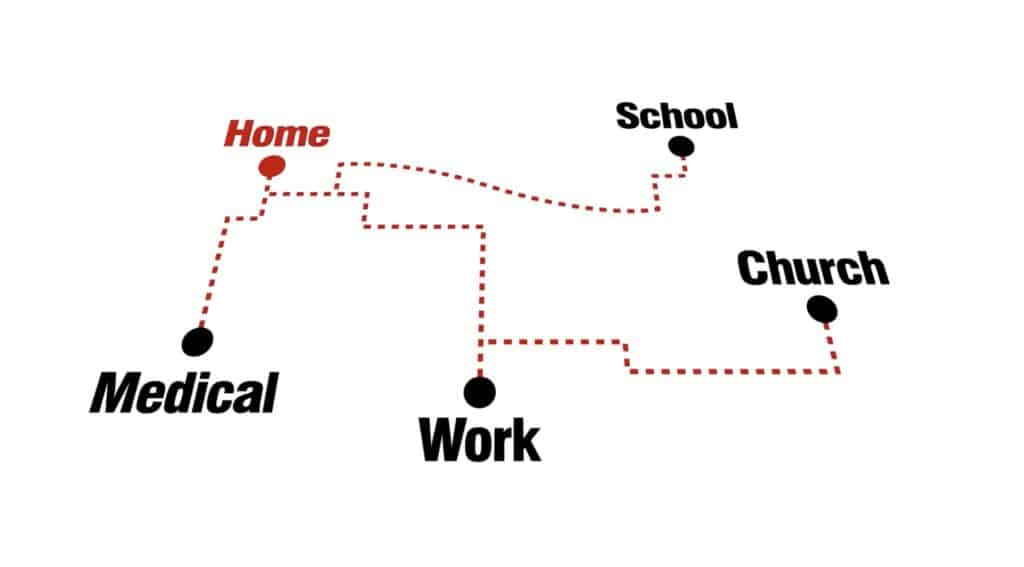
The complicated part is that when a person pleads guilty to DUI and the judge announces in court that the person’s driver’s license is revoked, it may take the Hillsborough County Clerk of court a few days, or even a few weeks, to notify the Florida DHSMV of the revocation.
So, if, after you plead guilty to DUI, you were to immediately Uber over to the DHSMV’s Bureau of Administrative Reviews in Tampa with your DUI school diploma and ask to apply for a business purpose only driver’s license, the DHSMV would send you home empty handed. They would tell you that they can’t grant you a business purpose only license, because they don’t have the court-imposed revocation in their records yet. Fortunately, the Florida Legislature has addressed this problem.
A Temporary Driving Permit will Allow you to keep driving as You Wait to Get Approved for a Business Purpose Only Driver’s License
Under Florida law, your attorney can file a motion asking the judge to issue an order. That order tells the DHSMV that they are allowed to evaluate your driving record to determine whether you qualify for a 45-day temporary driver permit. There is no waiting period for you to get for this temporary driving permit. If the judge signs the order, after you plead guilty to DUI, you can take a copy of the order to the DHSMV Bureau of Administrative Reviews, located at 2814 E Hillsborough Avenue in Tampa, and apply for the temporary driving permit.
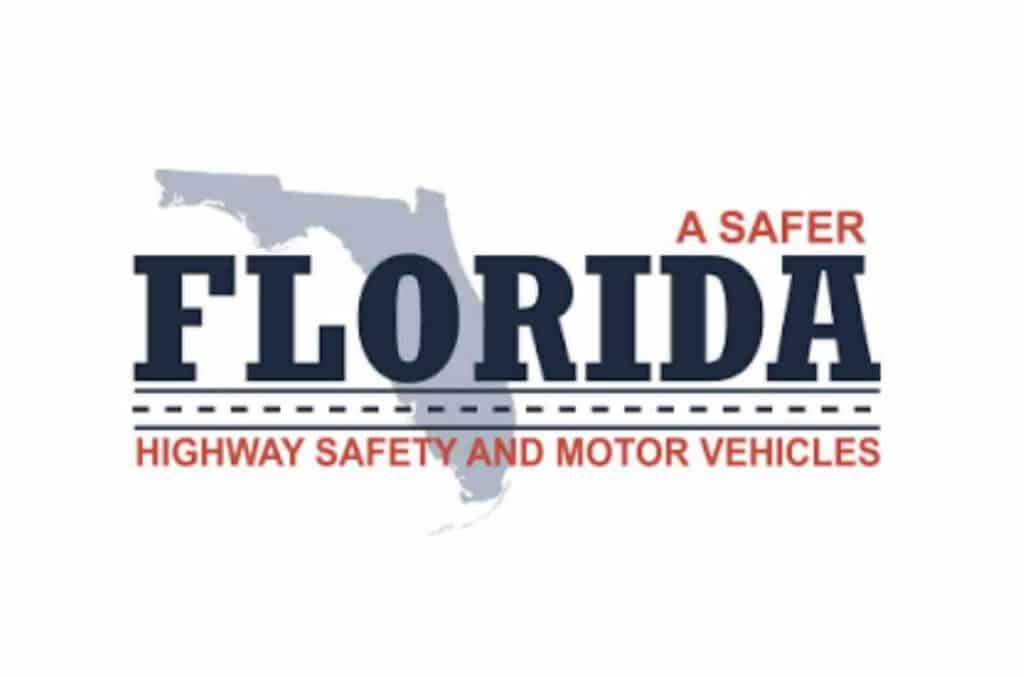
Therefore, even though a judge might revoke your license at court in the morning, if the DHSMV grants you a temporary driving permit in the afternoon, you can drive using that temporary driving permit. The temporary driving permit only allows driving for business purposes only.
After you get the temporary driving permit, you will need to keep checking the DHSMV driver’s license check website to see if the clerk of court has informed the DHSMV that your driver’s license is revoked. The DHSMV driver’s license check website is: https://services.flhsmv.gov/dlcheck/
What to Do Once the Court Notifies the DHSMV that Your Driver’s License is Revoked
Once you see online that your driver’s license has been revoked, that is good news! Now, you can immediately go back to the DHSMV Bureau of Administrative Reviews, and request that they provide you with an application for your business purposes only license.
The DHSMV might take a week or two to process that application, but since the temporary driving permit you already have will last for 45-days, you should be able to drive uninterrupted (for your work, school, medical appointments, and religious services) until the DHSMV processes and approves your business purpose only license.
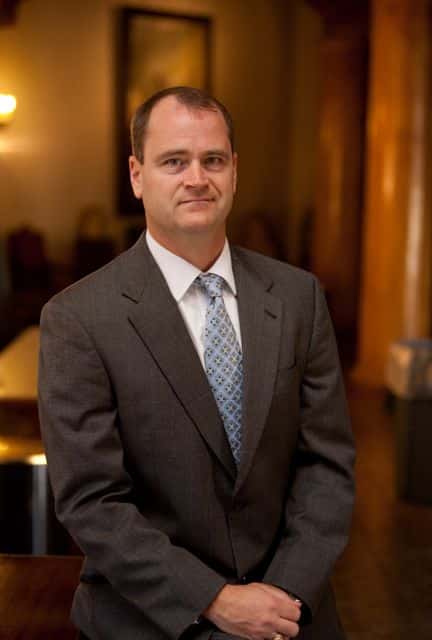
Have you been arrested for driving under the influence in the Tampa Bay area?
Tampa Attorney David C. Hardy is a former DUI prosecutor that now represents persons accused of DUI. He is Board Certified by the Florida Bar and the National Board of Trial Advocacy as an Expert in Criminal Trial Law. As a prosecutor and defense attorney, he has extensive experience handling all types of DUI cases.
If you or a loved one has been arrested for DUI in Hillsborough County Florida, Pinellas County Florida, or Pasco County Florida, contact Attorney David C. Hardy. He has the knowledge, skills, and experience to guide you through this process and obtain the best possible results.
Posted in Florida DUI Defense
